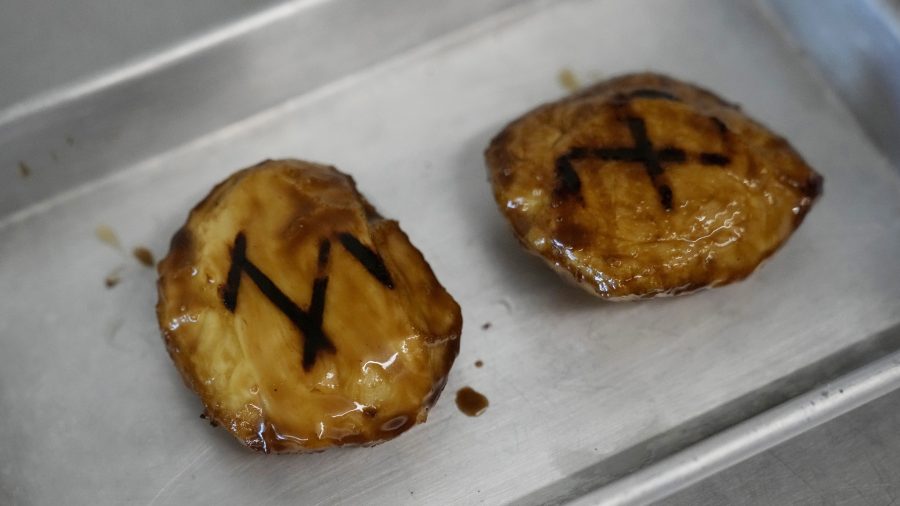AUSTIN (KXAN) If you’re hoping to eat a meatball made of woolly mammoth and grown in a lab, you’re going to have to leave Texas.
A new law passed this legislative session has made it illegal to sell “cell culture protein for human consumption” in Texas. The bill, Senate Bill 261, will go into effect Sept. 1, 2025, and will expire in 2027.
The law makes Texas the seventh state to ban the sale of lab-grown or cultured meat. Indiana passed a similar law in May. Nebraska, Montana, Mississippi, Alabama and Florida also have bans in effect.
“As ranchers we produce 19% of the world’s beef with only 6% of the world’s cattle,” said Carl Ray Polk with the Texas Southwest Cattle Raisers Association at a committee hearing on March 31, “but some have decided a lab is better than a pasture.”
“The lab-grown meat sector will continue to face headwinds as consumers and lawmakers learn more about the the lack of long-term health studies and use of ‘immortalized cells’” said Jack Hubbard, executive director of the Center for the Environment and Welfare (CEW), in a press release. CEW is a thinktank and one of the leading critics of lab-grown meat.
The bill was authored by Sen. Charles Perry, R-Lubbock, and sponsored by Rep. Stan Gerdes, R-Texas, in the House.
“Texas prides itself on being open for business, and yet here we have a law that’s shutting down a business,” said Katie Kam, CEO and Founder of Bio B-Q. Her Austin-based company aims to make lab grown brisket.
“Cultivated meat, in our view, is safer than the conventional meat that is produced in a large scale that’s on the market right now,” said Dr. Uma Valeti, CEO and Founder of Upside Foods.
Lab-grown meat is part of a larger trend in the meat industry towards sustainable meat products that don’t contribute to climate change. According to the United Nations, 14.5% of human-caused greenhouse gas emissions are created by livestock farming.
Multiple companies have sprung up in recent years focused on lab-grown meat, including Upside Foods, Vow Foods and Eat Just. The companies make a variety of meat products ranging from egg to quail.
“It’s really important for our national security, to be able to put meat on the table from an animal based source,” Dr. Valeti said.
Lab-grown meat is made by placing protein cells in a vat where they reproduce.
“They’re flooding around, they’re growing, we harvest them, and we have the cell mass, that we can then turn into a range of different products,” said CEO and Co-Founder of Vow Food, George Peppou, to NewsNation affiliate KXAN in 2023.
Questions about safety of lab grown meat were brought up at the committee hearings in March. “Because these products are so new, there has been no long term research,” Polk said.
“There is no slaughterhouse, there is no poop, there is no skin, guts, there’s no antibiotics used. We don’t have pesticides or herbicides that are on the grass that an animal is eating. We do not have plastics or microplastics. So in all of these things, cultivated meat is a step above in terms of production quality, cleanliness and safety,” Dr. Valeti said.
Right now, cultured or lab grown meat is only legal in Singapore and parts of the United States. Israel and the Netherlands have relaxed some restrictions on the product.
